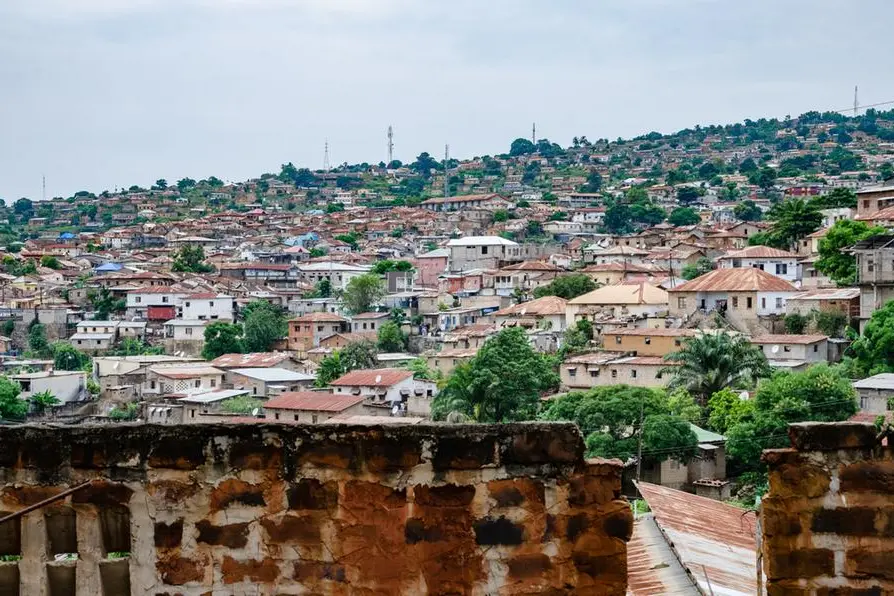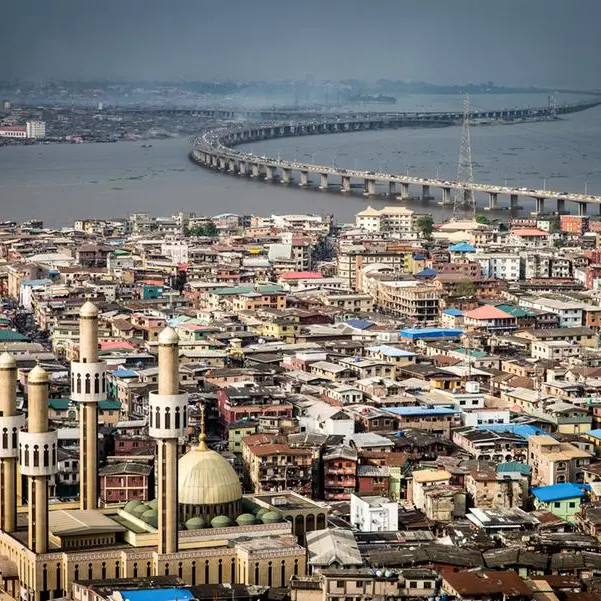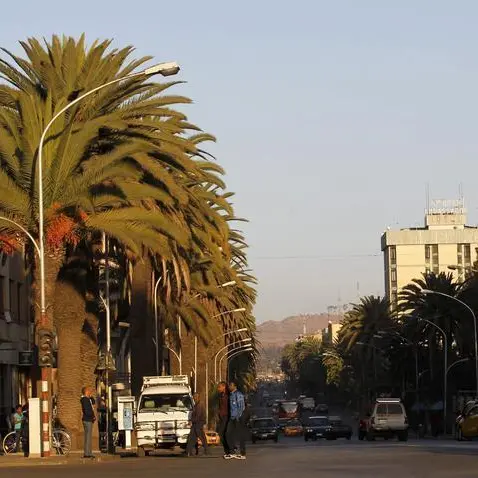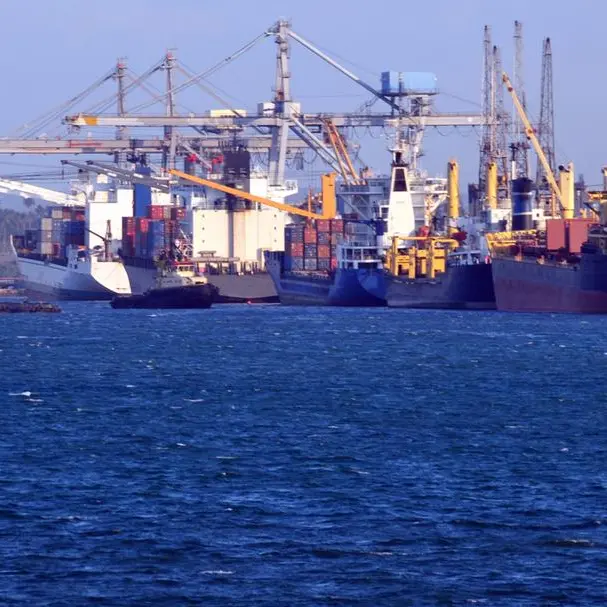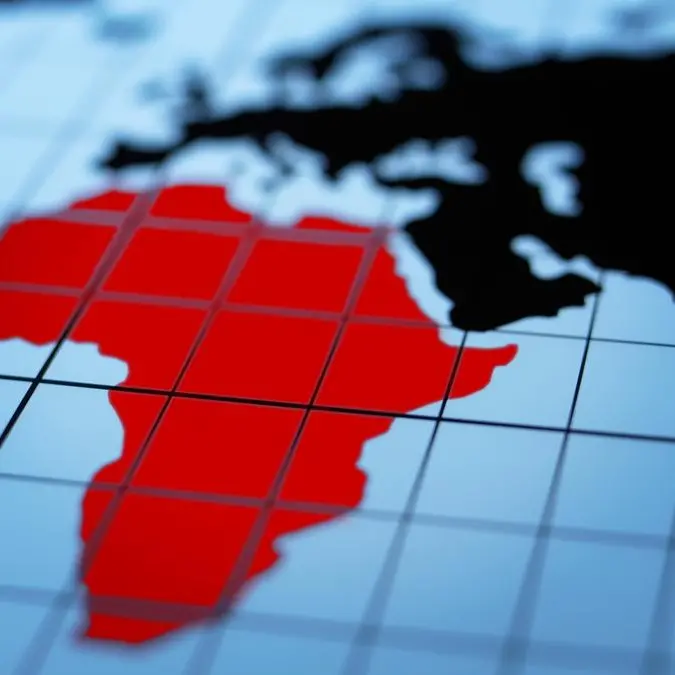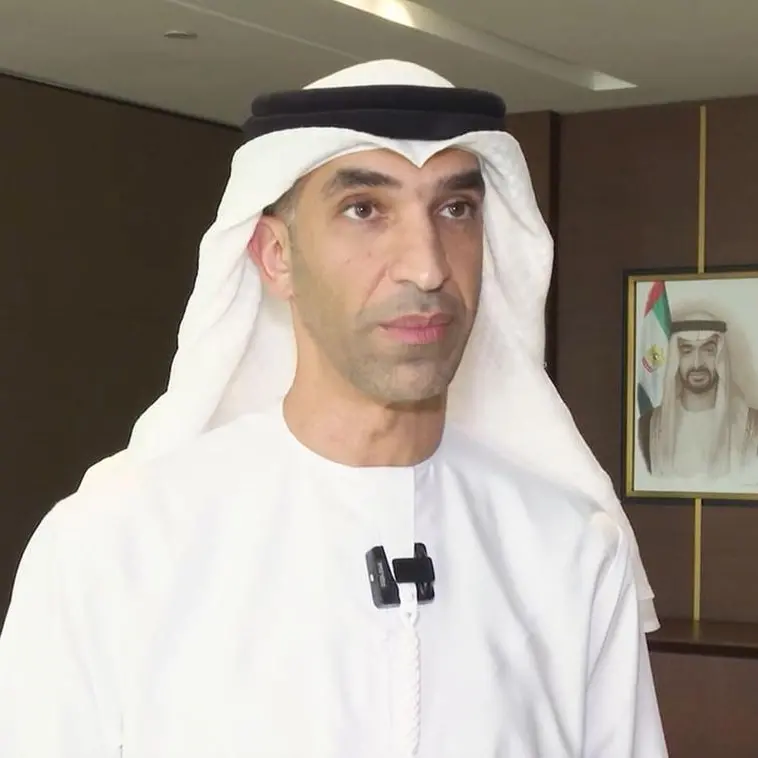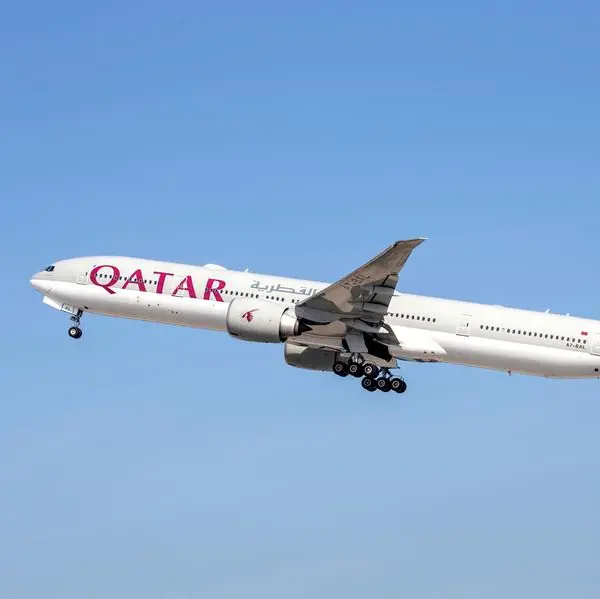PHOTO
The US peace bid in the Democratic Republic of Congo will involve cash for investments into the mineral sector, just as much as a whip of sanctions to those who cross the line.
It is a dual-track initiative to end armed conflict in the country, but it could also retest old tools used in this war before.
This week, Massad Boulos, the new Senior Adviser for Africa for President Donald Trump, completed his tour of the Great Lakes region, having visited Kinshasa, Nairobi, Kampala and Kigali, seeking to discuss a peace bid that will involve the US tapping minerals in the east of the DRC, for peace.
In Kigali, Boulos said Washington’s proposal will benefit both DRC and Rwanda and will be “rooted in regional stability and peace as well as economic development.”“During our discussions, President Kagame committed to pursuing this vision of peace. I can confirm that the United States also remains committed to this effort and is ready to facilitate an end to this conflict, obviously a peaceful end to this conflict,” he told the media on Tuesday evening at the US Embassy in Kigali.
But there was a subtle threat: Those who won’t toe the line will face consequences. Washington is especially keen on ensuring Rwanda ceases backing rebels across the border in the Congo and pulls back any military support it had deployed.
According to diplomatic sources familiar with the discussions, this will ensure each country can carry its can on internal security challenges. Boulos said the US wants an end “that allows countries to secure their borders and lays the foundation for a thriving regional economy.
This relationship has great potential, and we appreciate the opportunity to discuss the way forward with our counterparts here in Kigali. The deal is to benefit American access to minerals in the Congo, such as cobalt, lithium, uranium, gold and coltan.
And while Washington demanded that Rwanda tone down rebel backing, it also wants Kinshasa to provide state authority in eastern DRC, whose absence has previously fuelled armed conflict.
Kinshasa will also be required to tame corruption in its agencies, end the activities of the FDLR, a rebel group hiding in DRC and which Kigali blames for insecurity in Rwandan territory, and provide easier entry for American investments, including mining companies.
A State Department spokesperson told The EastAfrican the US would support peace initiatives based on each country’s responsibilities, and added that there will be “consequences for those who undermine our shared desire for peace.” The official said the US is first insisting on a ceasefire, requiring both Rwanda and the DRC to commit to ending hostilities.
According to a diplomatic source, Washington knows Rwanda has political leverage on the M23, while Kinshasa has leverage of possessing minerals but is weakened by its inability to provide proper governance in eastern DRC.
Cutting dealsThe US is leveraging Trump’s history of ending wars by cutting deals with protagonists.“We absolutely would like to see lasting peace in the region, President Trump is a president of peace, he supports peace, he is the only president in the recent US history to have not started any new wars. In his first term, he ended many wars,” Boulos said.“President Trump wants this conflict to end and quickly. He strongly believes that the people have suffered immensely. This particular conflict has gone on for close to three decades, it’s about time to see a peaceful end to it.”Read: US open to minerals partnerships with DR CongoUganda and Kenya won’t be playing direct roles in the deal, but the diplomatic source said bringing them on board would somewhat localise the solution and help monitor violations. The two countries are also important for other conflicts in the region such as South Sudan and Sudan.
In Kinshasa, Boulos, did not name the value of investments the US wants to put into the Congo, but he did admit security will be a factor when he met with President Félix Tshisekedi on April 3.“Of course, we need an environment that is as conducive to business as possible to achieve this objective. Rest assured that American companies are operating transparently and will stimulate local economies.“We’re talking about multibillion-dollar investments. We’re talking about jobs, knowledge transfers and investment in infrastructure. There can be no economic prosperity without security.”The presidency said the meeting “focused primarily on the security situation in eastern DR Congo and the economic prospects between the USA and the DRC, two countries that enjoy strategic cooperation.”Boulos was accompanied by Corina Sanders, Assistant Secretary of State for African Affairs, and Dan Dunham, Director of the National Security Council for Africa.“You have heard about an agreement on minerals. We have heard about the DRC’s proposal, and I am pleased to say that the President and I have agreed on a path forward for its development,” said Boulos.“I look forward to working with President Félix Tshisekedi and his team to build a deeper relationship that benefits the Congolese people and the American people, and to stimulate US private sector investment in the DRC, particularly in the mining sector, with the shared goal of contributing to the prosperity of our two countries.”The Congolese president has pursued his argument that all Rwandan mineral exports be labelled “blood minerals” so that buyers across the world are barred from purchasing them.
He has argued that the conflict in eastern DRC continues because Rwanda is arming rebels to extract them. Boulos said American interests in the Congo will be transparent.“We want a lasting peace that affirms the territorial integrity and sovereignty of the DRC, and lays the foundation for a thriving regional economy. This relationship has great potential, and we welcome the opportunity to discuss the way forward with our counterparts here in Kinshasa,” he concluded.
Mines for securityThe authorities in Kinshasa are banking heavily on a mines-for-security-assistance deal to help the DRC defeat the armed groups in eastern DRC, principally the M23.
For the DRC, the partnership with the United States of America represents an important lever for silencing the weapons in the east of the DRC.
But diplomatic efforts are not preventing fighting from continuing in certain localities in North and South Kivu, in the east of the DRC.
A source on the M23 side said that the rebels were due to launch an assault on the town of Kisangani, even though they, on Friday, pulled out of a major town ahead of planned direct talks in Qatar.
But some officials were also aware that the US is focused now mainly on M23 and FDLR groups, something that could allow other armed groups to perpetrate conflict.
In eastern DRC, a UN Panel of Experts has said there are at least 120 armed groups, all fighting over one grievance or another, or just enticed by the free flow of illegal mineral revenues.
To end all that, the US will help build infrastructure, help support Congolese security agencies and provide technological support.
But Washington also demanded a robust obligation on the side of Kinshasa: establish services and a stronger state authority and tame corruption as well as work on establishing a professional army, a source explained.
As it is, the war in the DRC is currently in a fight-and-talk mode. The combatants have engaged in deadly clashes, even as they also concede that dialogue is key.
Military expert Kibel Bel Oka said the success of the peace talks between the M23 and the Congolese army depends essentially on how the warring parties behave on the ground. “Violent fighting could jeopardise the Doha meeting on April 9,” he said.
On March 18 this year, the M23 cancelled its participation in the peace-seeking meeting in Luanda, claiming to have done so in protest at the European Union’s sanctions against M23/AFC leaders and other Rwandan dignitaries.
Meanwhile, the five facilitators appointed by the joint EAC-SADC summit met with President William Ruto, chair of the EAC, this week to prepare for work on mediation.
Their immediate task will be to extract ceasefire pledges from the warring sides, as well as between Rwanda and DRC. They are former presidents Olusegun Obasanjo (Nigeria), Uhuru Kenyatta (Kenya), Catherine Samba-Panza (CAR), Kgalema Motlanthe (South Africa) and Sahle-Work Zewde (Ethiopia).
© Copyright 2022 Nation Media Group. All Rights Reserved. Provided by SyndiGate Media Inc. (Syndigate.info).
